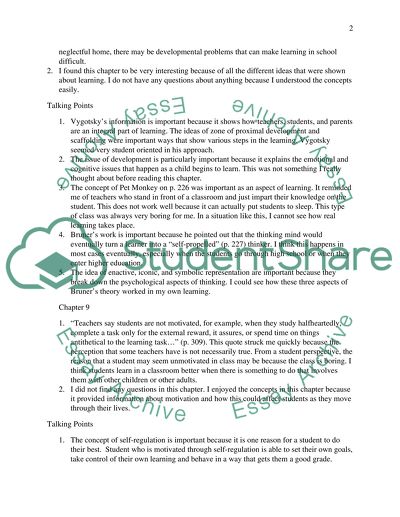Cite this document
(“The Concept of Self-regulation Assignment Example | Topics and Well Written Essays - 1250 words”, n.d.)
The Concept of Self-regulation Assignment Example | Topics and Well Written Essays - 1250 words. Retrieved from https://studentshare.org/education/1597882-qqtp
The Concept of Self-regulation Assignment Example | Topics and Well Written Essays - 1250 words. Retrieved from https://studentshare.org/education/1597882-qqtp
(The Concept of Self-Regulation Assignment Example | Topics and Well Written Essays - 1250 Words)
The Concept of Self-Regulation Assignment Example | Topics and Well Written Essays - 1250 Words. https://studentshare.org/education/1597882-qqtp.
The Concept of Self-Regulation Assignment Example | Topics and Well Written Essays - 1250 Words. https://studentshare.org/education/1597882-qqtp.
“The Concept of Self-Regulation Assignment Example | Topics and Well Written Essays - 1250 Words”, n.d. https://studentshare.org/education/1597882-qqtp.


